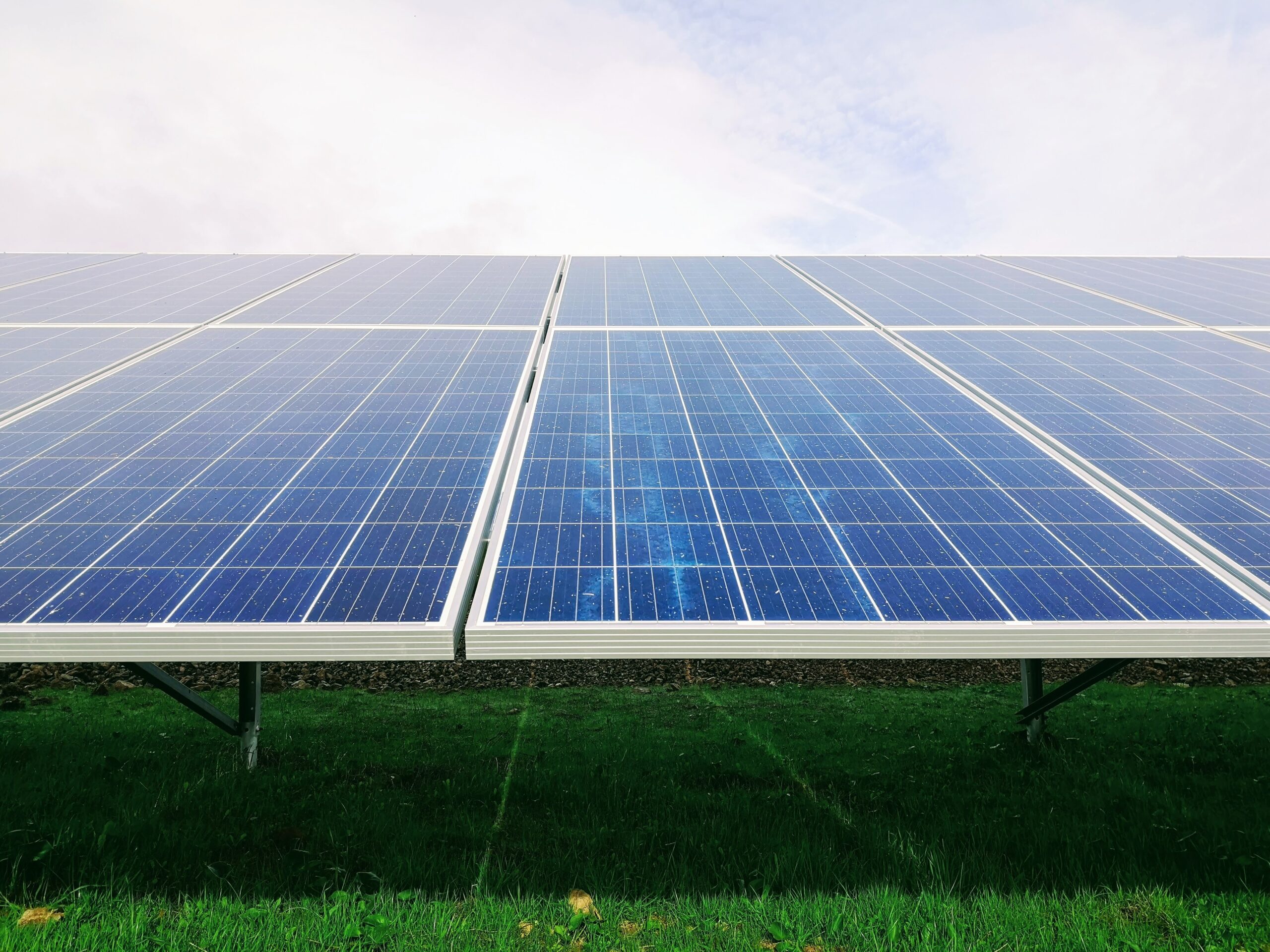Are Solar Panels Good For The Environment?
Climate change is one of the most pressing issues we face today, and renewable energy solutions like solar power are gaining significant attention. As a technology that has been around for decades, solar power has proven its ability to contribute positively to the environment while also providing economic benefits to households worldwide. The way solar panels function is fascinating. When sunlight hits the solar panel, it absorbs the light's energy and converts it into electricity. This electricity can be utilized for various purposes, such as heating water or running household appliances. Additionally, any surplus energy generated during daylight hours can be stored in batteries for use later, even after the sun sets. In 2017, global electricity growth saw two-thirds of its expansion coming from renewable sources. Among these, photovoltaic (PV) panels, commonly referred to as solar panels, were the fastest-growing renewable energy source. Today, solar power has become a global phenomenon, with countries like the USA, China, and the UK leading the charge in adoption. A common question people ask is whether solar panels are truly beneficial for the environment. The answer is a resounding yes. Here are four compelling reasons why solar panels are environmentally friendly: By harnessing solar energy, households reduce their reliance on traditional power grids, which often depend on non-renewable resources like coal and natural gas. Installing battery storage systems allows users to store excess energy generated during the day for nighttime use, further reducing grid dependence. Even without batteries, daytime energy consumption directly reduces the demand on fossil-fuel-dependent grids, lessening environmental strain. Unlike conventional energy systems, solar power generation produces negligible amounts of greenhouse gases. The energy conversion occurs locally, eliminating the need for long-distance transmission that contributes to emissions. Over time, switching to solar panels can significantly shrink a household's carbon footprint, making it an eco-friendly choice. Solar power is an inexhaustible resource, as long as the sun continues to shine. Unlike finite fossil fuels such as oil, gas, and coal, solar energy is abundant and sustainable. This means no harmful mining or drilling activities are required, and there's no involvement in conflicts over dwindling fossil fuel reserves. Solar panels are designed to be durable and require minimal upkeep. They typically last around 50 years, offering longevity that far surpasses traditional energy systems requiring frequent maintenance and part replacements. This durability ensures that solar panels remain an efficient and environmentally sound investment over time. While some argue against solar panels due to issues related to production and manufacturing, these concerns do not outweigh the significant environmental advantages of solar power compared to fossil fuel-based systems. It's worth noting that ongoing advancements in solar technology will continue to address existing challenges as demand grows. For instance, rare earth metals like silver, tellurium, and indium used in solar panel construction must be recycled to ensure environmental sustainability. However, the current low demand for solar panels makes recycling economically unviable. Increased adoption could drive the establishment of a robust recycling infrastructure. Solar panels are usually mounted on rooftops using standard clamps and screws familiar to construction professionals. Utilizing rooftop spaces minimizes intrusion into wildlife habitats. On larger scales, solar farms can be installed in fields or gardens with minimal environmental disruption. Even in scenarios involving substantial land alteration, the resulting solar power plant provides a net positive contribution by generating clean energy over time, offsetting initial environmental impacts. It's crucial to recognize that concerns about solar panels' environmental impact primarily concern large-scale utility projects rather than individual installations on residential rooftops. Furthermore, as solar power becomes more widespread, it can power mining and construction equipment, helping mitigate the environmental effects of these industries. In the long run, the challenges associated with solar panels will likely be resolved through increased solar panel usage. Thus, in both the short and long term, solar panels are undeniably good for the environment. For more insights into solar power and practical ways to integrate it into your home for savings and sustainability, explore what Project Solar has to offer. Xuchuan Chemical , https://www.xctpu.com
Decreases Dependence on Fossil Fuels
Lowers Carbon Footprint
Renewable Energy Source
Low Maintenance and Longevity
Are Solar Panels Truly Good for the Environment?